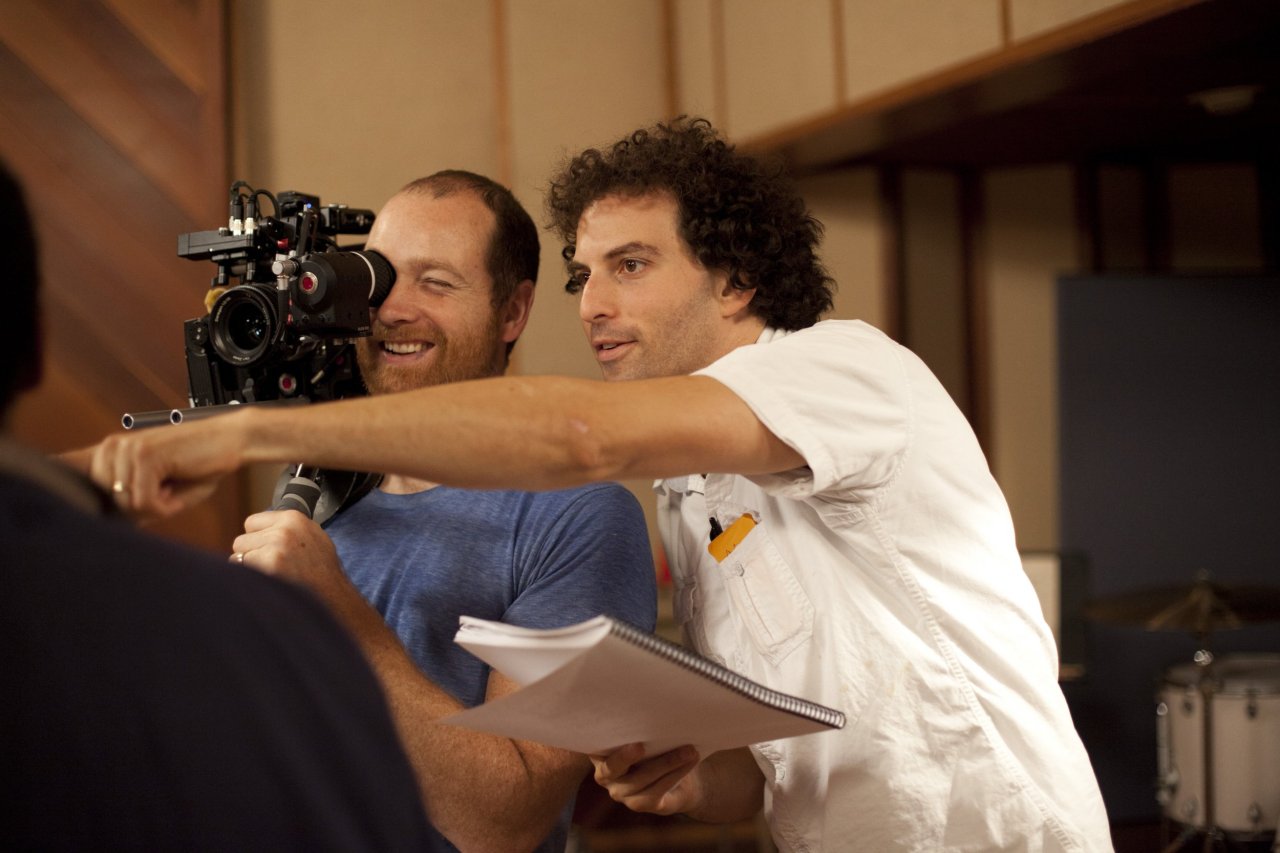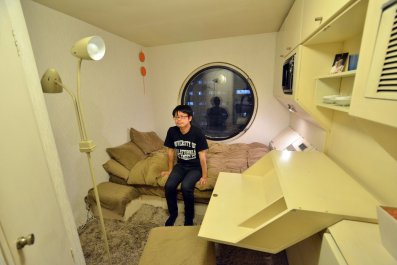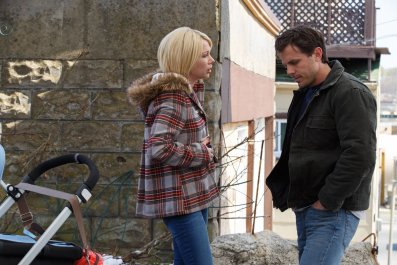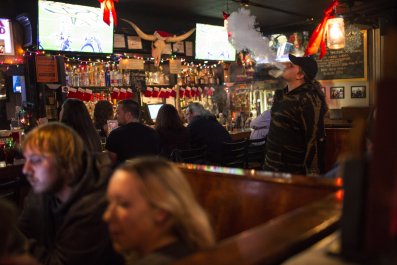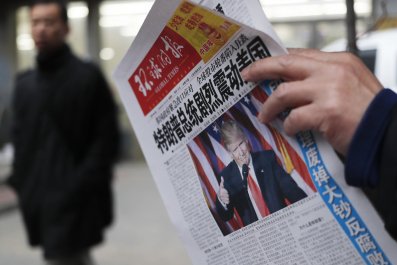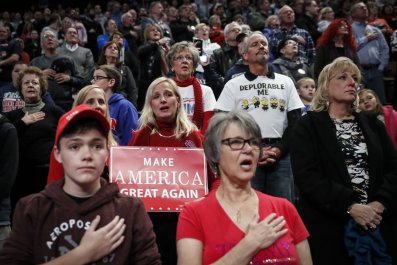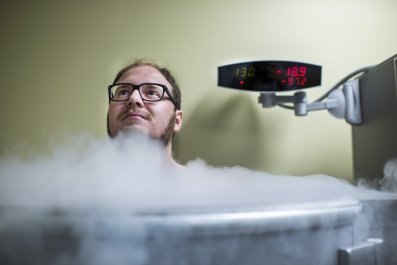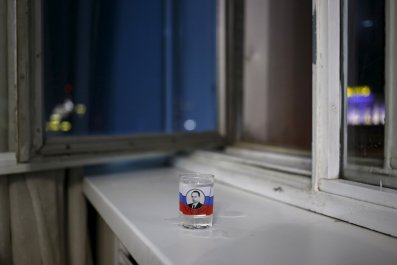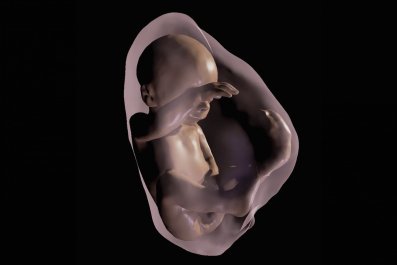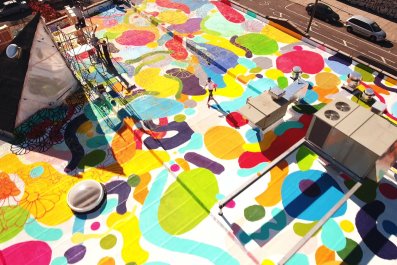After suffering through various crappy jobs through his 20s, Joel Levinson discovered a scheme that would change his life after landing a gig as a mascot for a smoothie company. He earned the honor of wearing a cup costume by winning an online video contest. He realized other brands were hosting similar contests with cash prizes, all with little competition. He entered as many as he could.
So many, in fact, that he was able to support himself with the earnings, like the $100,000 he got from Klondike. His mastery of the form garnered national attention. In 2008, he was profiled by The New York Times and appeared on The Tonight Show. In early 2009, he was featured in a comically dated CBS News piece about how a handful of amateur filmmakers were able to make money by posting homemade videos to a burgeoning website called YouTube.
But winning YouTube contests can be a precarious foundation on which to lay one's professional future. As online video soon became too valuable for brands to crowdsource, Levinson's competition for potential contract jobs grew exponentially. He resorted to whatever video production work he could get as he pursued his ultimate goal of making comedy films, working with his comedy-writing brother, Stephen, in Los Angeles. "I was making comedy that wasn't for me," Joel says of the years following his video contest success. "It was branded comedy; it was short-form comedy; it was web stuff; it was advertising. [Stephen and I] thought we had something different to say, but there isn't really a way to say something different in Los Angeles and have someone pay for it."
They've had some success, releasing a musical comedy album 2776, which features a host of big names like Patton Oswalt, Aubrey Plaza, Will Forte, Martha Plimpton and even Dick Cavett. But both Joel and Stephen were married with kids, and the financial burden of supporting a family through piecemeal work in a city that caters to big-money studio projects was suffocating.
Once, when Joel was contracted to produce a web commercial, the project stalled when he learned that a permit to shoot in his front yard would set him back $5,000.
Their Hollywood struggle is pretty standard. The Levinson brothers also found that their offbeat, absurdist sense of humor—they cite Airplane, Top Secret! and Mystery Science Theater as influences—was hard to sell to studios, just as it was for their comedic idols. They were able to cultivate a few connections, but nothing materialized. "You get people super enthusiastic on the phone or in a meeting who never call you back," says Stephen, who earlier this year moved to New York City to write for The Tonight Show.
Joel decided that to give his film career a better shot, he needed to move to Yellow Springs, Ohio. The 4,000-person town is a suburb of Dayton, which has no serviceable film industry. Dayton was, however, the original home of The Phil Donahue Show, which employed the Levinsons' mother. "We started looking at the people who are our heroes, and it seemed like the only way somebody awesome starts to make movies is if they actually just go out and make their own movies," Joel says of the decision to move. "In Los Angeles, there is a very particular way you can either make a movie or not make a movie. In Dayton, if I could just get a little money together, there's no reason I can't be making movies there instead."
Joel talks about the decision to move to the Dayton area with an almost unsettling sense of optimism. After years of toiling in an indifferent industry, he was giddy at the idea of total creative freedom. It was so practical. They could hire crew for cheaper than in Los Angeles. Permits would be easier to get, requiring nothing more than a call to the local precinct. "We could make a movie that we wanted to see and that would make us laugh," Joel says. "No one would give a shit about our movie, so we could just do whatever we thought was funny."
Part or the reason for his optimism is he's finally making a film. Last month, with Joel directing and Stephen writing (commuting from New York), they shot a feature-length comedy called Boy Band: The HeartThrob Story. It follows an over-the-hill pop group that reunites after 17 years to record the follow-up to their smash hit debut. The Levinsons convinced comedians Steve Agee, Jordan Carlos and Seth Herzog to fly to Dayton to star in it. Stephen likened the experience to a "summer camp." The project was financed by investors in Dayton and 289 Kickstarter donors, who together threw down nearly $20,000. In Los Angeles, it would have barely been enough money to turn a camera on; in Dayton, it was enough to budget an entire film. They'll have to market it themselves, but they made the film they wanted.
"My hope is that this is the future," says Joel of his decision to flee Los Angeles to make a film. "The decentralization of film has already started, but I don't think the decentralization of comedy has happened yet. Instead of thinking that to be funny you have to work in New York or Los Angeles, [I hope] people will start to realize that comedy can be and should be created from everywhere."
Even considering the sinking costs of high-quality equipment and the ability to fund and distribute through the internet, it's hard to tell to what degree the film industry could actually "decentralize." Too much easy money is being made on sequels, remakes and formulaic comic book adaptations, and studios are less likely than ever to take a risk on an original idea. A musical comedy about a fat boy band has no chance in Hollywood, but if the Levinsons and other aspiring filmmakers have the means to tell their stories elsewhere, the industry will at least have an opportunity "to see what their voice looks like," as Joel puts it. The risk diminishes a little. "I honestly believe that once we show we can execute this one and be funny that people will be more interested in others," Joel says.
The film industry might be a behemoth of explosive big-budget blockbusters, but as the Levinsons prove, there's still a way for filmmakers with unique voices to make an impact. It doesn't even require a mascot costume.



